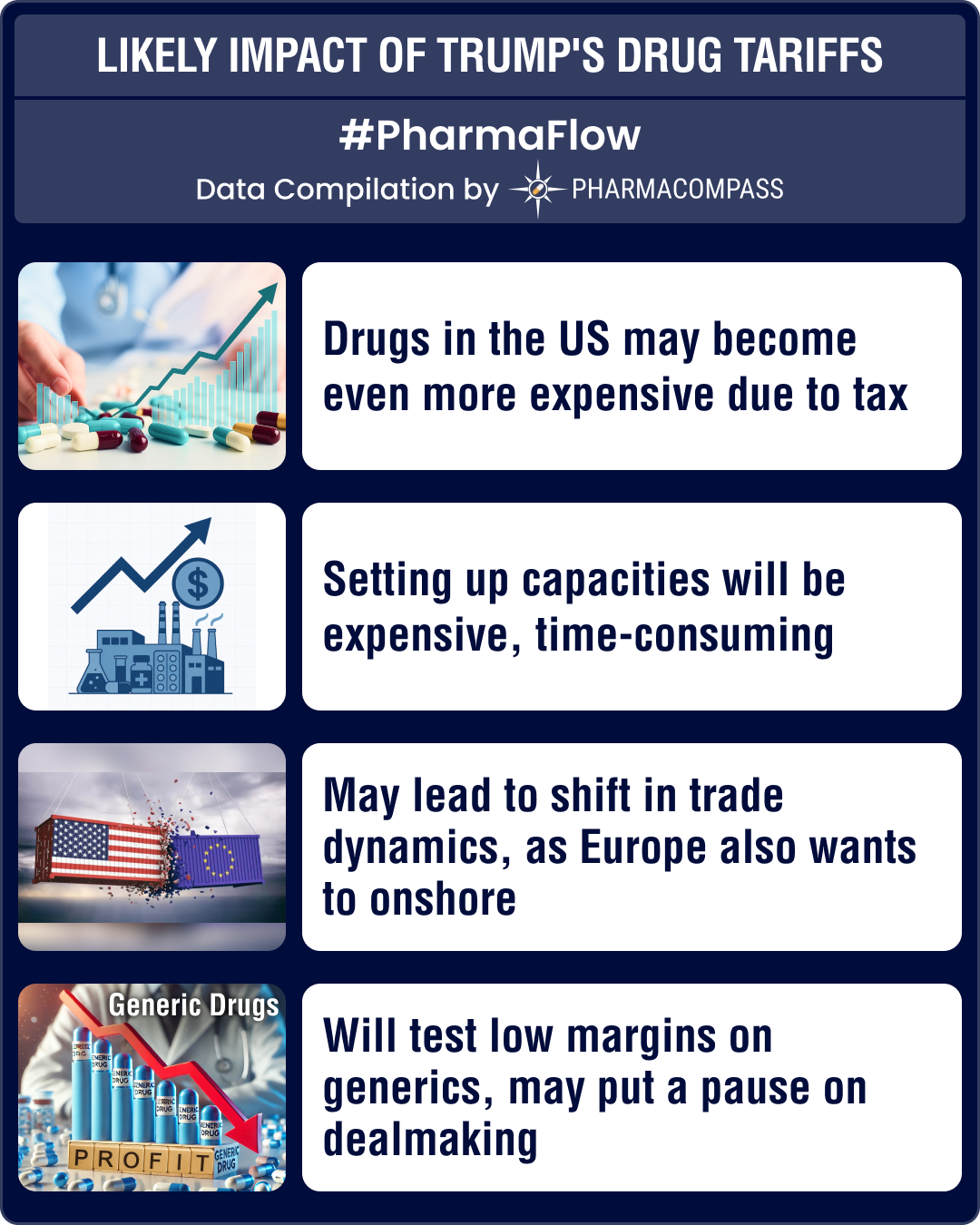
With the ever increasing pressure from international regulatory authorities (e.g. FDA), while some Indian companies are looking at less regulated markets to conduct their business, others are thinking of selling out.
While an adventurous few are acquiring new entities, an observation with some of these deals is that the acquiring company has compliance standards which fail to meet international norms.
Which quality culture will dominate in the combined companies and will it allow them to reach the next level?
New strategies
“Indian pharma’s struggle to tighten standards paves way for M&A Deals” was the title of a recent Reuters’ article. The article states that smaller drug makers “struggling to cope with a bruised reputation and tougher regulation” are considering “branching out to new, less-profitable markets or sell out to larger rivals.”
While Reuters talks about smaller players selling out, Marksans Pharma and Quest Life Sciences, who have been struggling with their own compliance challenges of late are on an acquisition spree.
Marksans Pharma recently announced the acquisition of U.S. based, Time-Cap Laboratories for $28 million.
Struggling
Quest Life Sciences, a clinical research organization is battling a Notice of Concern issued by the World Health Organization (WHO).
During an inspection auditors found that majority of electrocardiograms (ECGs) from subjects of a clinical study were duplicates of each other.
Earlier this year, Quest acquired the assets of Fortis Clinical Research Ltd (FCRL), a division of Fortis Hospitals Group which was started by ex-Ranbaxy promoters, Malvinder and Shivinder Singh.
While Marksans and Quest Life Sciences, clearly don’t demonstrate any intention to sell, acquisitions where the acquiring company has compliance problems, clearly present a challenge for the combined entity.
Marksans Pharma was formed in 2005 after a business split between Mark Saldanha and his elder brother Glenn, who is the current managing director and CEO of Glenmark Pharma.
In 2008, Marksans acquired Relonchem in the UK, to gain access to the front-end sales and marketing network with plans to reduce costs by transferring Relonchem's UK manufacturing to India.
However, what followed the acquisition was poor financial health for the company and a referral to the Board for Industrial and Financial Reconstruction (BIFR).
While Marksans exited the BIFR in 2013, earlier this year Relonchem received a statement of serious non-compliance from the U.K.’s Medicines and Healthcare products Regulatory Agency (MHRA) which was followed by a product recall due to risk of fungal contamination.
The international acquisition challenge
Indian companies have struggled in the past to establish compliance in their international manufacturing acquisitions.
Sun Pharma, who ventured out as early as 1997 to the United States bought Caraco Pharma in Detriot. After a warning letter was issued by the FDA, the company continued to have so many manufacturing and recall problems that the FDA felt compelled to send in U.S. marshals to lock up products.
Repeated attempts to get compliance on track failed and Sun finally closed their unit last year.
Serious compliance concerns have also been found at operations acquired by Dr. Reddy’s (Mexico), Wockhardt (Morton Grove, USA), Jubilant (Canada & USA) and Ranbaxy (Ohm Laboratories, USA).
Compliance gets exported
As corporations merge, there is also an export of the “compliance culture”. Wockhardt’s operations in the United States were found to have similar practices cited in warning letters as their facilities in India.
At Marksans Relonchem UK facility, among the concerns highlighted by the regulators were those related to “a large number of batches of product from the manufacturing sites in India”.
While at the time of the Relonchem acquisition, there were plans to shift manufacturing back to India, this time the approach seems to be different.
When Mark Saldanha, Managing Director and CEO of Marksans, was asked if there were plans to outsource Time-cap’s products and make them in India, he responded that the current intent is to “maintain products being made at Time-Cap itself”.
The questions
While moving production back to India to achieve cost savings has been ruled out, can Marksans ensure that the “compliance culture” at their UK facility, does not find a way into Time-Cap Laboratories, a company which had also received a FDA warning letter in the not too distant past?
Like the observations at Quest Life Sciences, duplication of electrocardiograms at GVK Biosciences resulted in over 700 generic medicines being suspended in Europe. How will Quest Life Sciences ensure that the shortcomings in their ways of working do not impact the operations at Fortis or their customers?
Our View
The Indian pharmaceutical industry is on a cross road, where compliance challenges are going to certainly start defining business strategy.
It’s clear that while some companies are planning to sell out, others are buying. Regardless of the chosen approach, the culture of compliance which gets embedded in the merged entity will differentiate the winners from the losers.
The PharmaCompass Newsletter – Sign Up, Stay Ahead
Feedback, help us to improve. Click here
Image Credit : Maze of Mirrors by https://www.flickr.com/photos/coolmikeol/ is licensed under CC BY 2.0
“ The article is based on the information available in public and which the author believes to be true. The author is not disseminating any information, which the author believes or knows, is confidential or in conflict with the privacy of any person. The views expressed or information supplied through this article is mere opinion and observation of the author. The author does not intend to defame, insult or, cause loss or damage to anyone, in any manner, through this article.”






